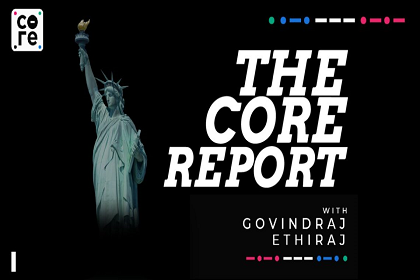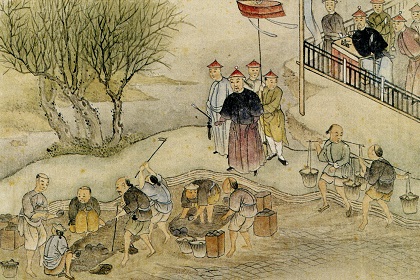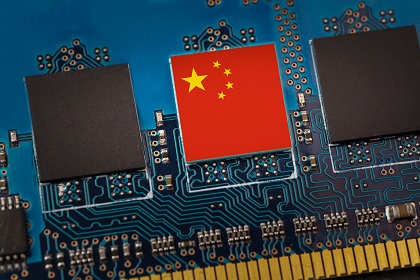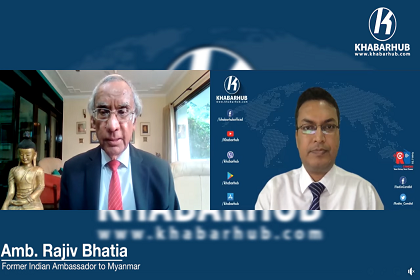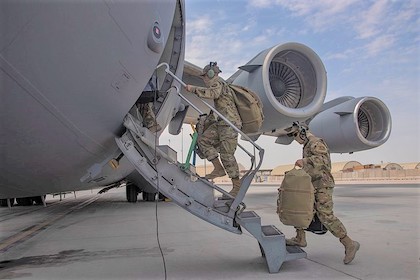What Indian Companies can do for the U.S.
Manjeet Kripalani, Executive Director, Gateway House, spoke with Govindraj Ethiraj at The Core on the opportunities for Indian business in engagements with the U.S. There are many opportunities for Indian companies to leverage the increased Indo-U.S. bonhomie, including in capacity building, technology flows, and knowledge transfer.

